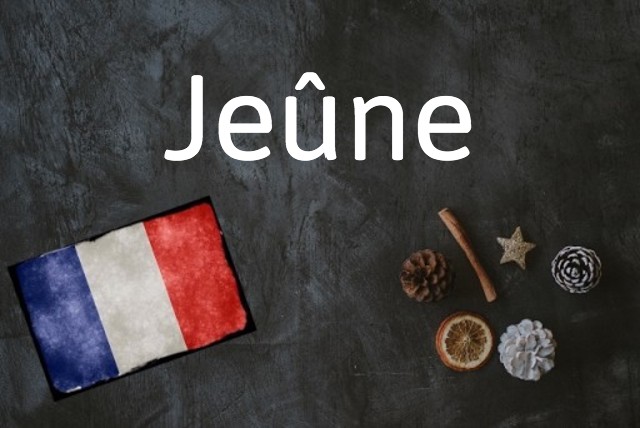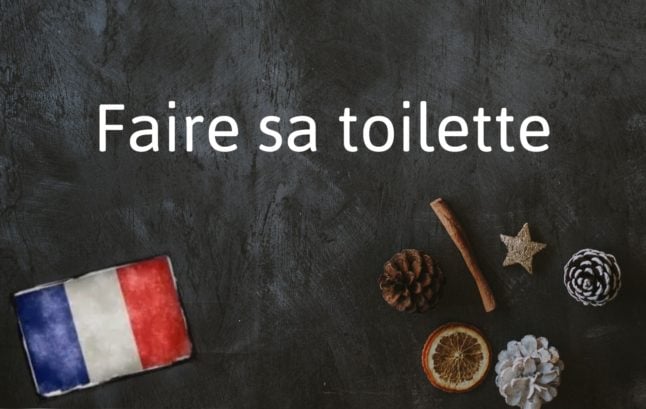Why do I need to know jeûner?
Because even if the activity itself doesn't interest you, it will teach you something valuable about French everyday language.
What does it mean?
Jeune means 'young' in French, but switch the u and replace it with a û and it means 'fast'.
Jeûner – 'to fast' – refers to the activity of abstaining from eating and/or drinking for a certain period of time.
It comes from the Latin term jejenus, which means 'who has eaten nothing', according to French online dictionary Larousse.
Déjeuner, the French term for 'lunch', therefore literally means 'de-fast', or rompre le jeûne (breaking the fast) – like the English term 'breakfast'.
Déjeuner used to refer to the first meal of the day, but was later supplemented by petit déjeuner in France (but some other French speaking countries still use déjeuner to talk about the first meal of the day).
À jeun (at fast) is a term health professionals use when they want you to refrain from eating before a checkup.
9 years i’ve lived in ?? still learning. The Penny dropped on something this morn.
Had a blood test this morn.
Are you ´a jeune ´
Sorry?
´Have you not eaten? ´
Ah no!When i got home i had [took] my petit déjeuner. A small de-fasting. At 12:00 i will ‘déjeuner’ or defast. pic.twitter.com/szJOlQBFLb
— ChancerOnABike (@chancer_a) October 9, 2020
Originally, le jeûne was usually part of a religious ritual, but today it's increasingly turning into a fitness trend – especially since several studies states its effets rajeunissants – rejuvenating effects.
Use it like this
Il faut venir à jeun pour la prise du sang. – You must not eat before the blood test.
J'essaye de jeûner une fois par semaine, du coup je ne prends pas de petit déjeuner ce matin. – I'm trying to fast once a week, so I'm skipping breakfast this morning.
Non, Mélina ne va pas déjeuner avec nous ce midi, c'est Ramadan tu sais, elle va jeûner jusqu'au soir. – No, Mélina is not coming for lunch with us, it's Ramadan you know, she's fasting until nightfall.



 Please whitelist us to continue reading.
Please whitelist us to continue reading.
Member comments